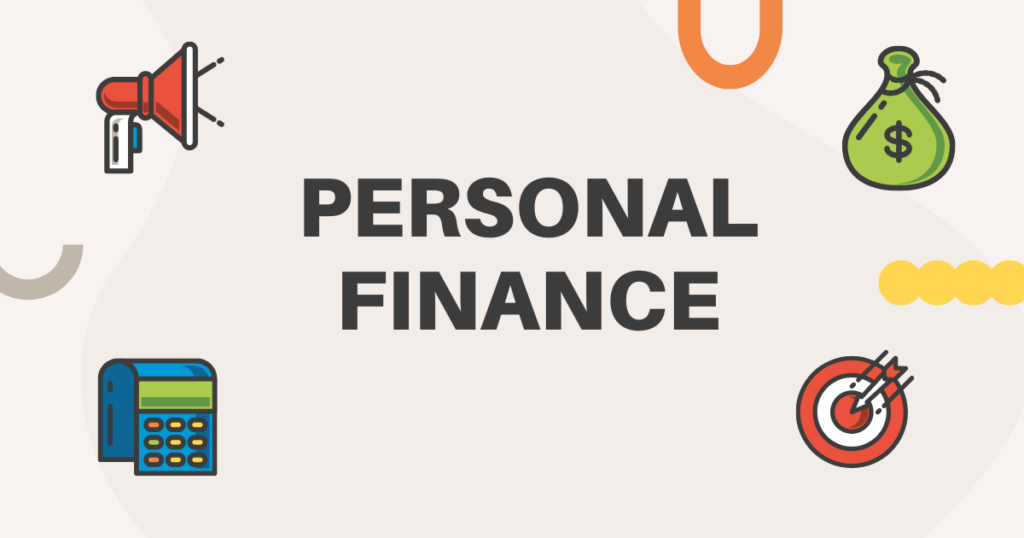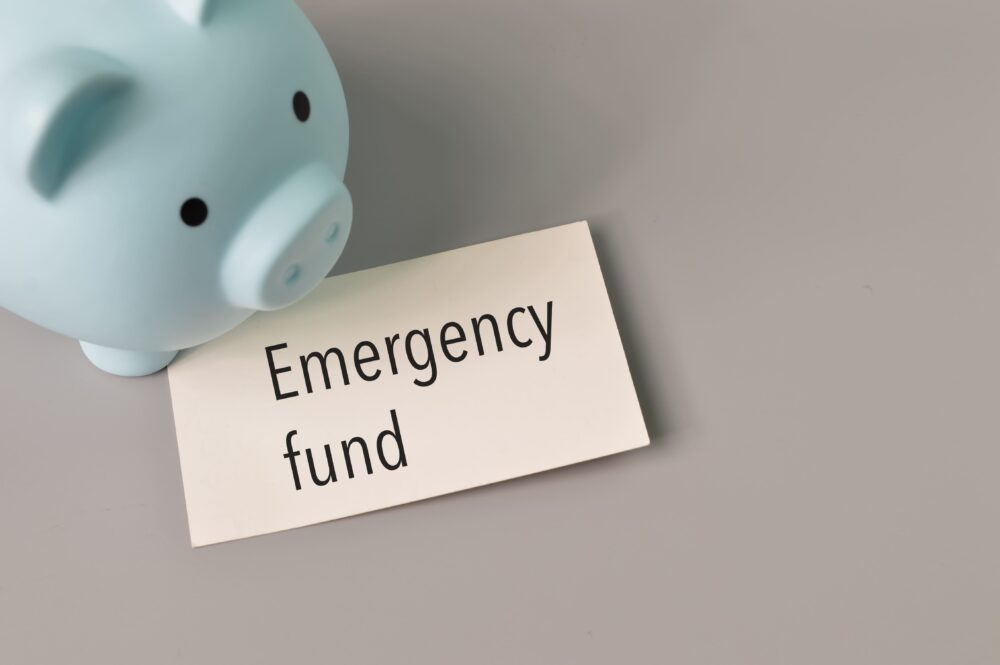Personal finance refers to how you manage your own money on a day-to-day and long-term basis. It covers everything from budgeting your monthly income and paying bills, to saving, investing, and planning for major life events like retirement, home ownership, or your child's education.
It's not just about how much you earn—it's about how well you manage what you have. Financially successful individuals don't necessarily make the most money; they manage their resources wisely, make informed decisions, and plan ahead.
Why Is Personal Finance Important?
The way you handle your finances has a direct impact on almost every part of your life. Good financial management can reduce stress, give you more freedom and security, and help you build wealth over time. On the other hand, poor financial habits can lead to debt, limited choices, and long-term financial hardship.
Whether you're trying to avoid debt, grow your savings, or plan a comfortable retirement, taking control of your personal finances is essential for a stable and satisfying life.
The 5 Key Pillars of Personal Finance
1. Income
This is the starting point for any financial plan. Income refers to all the money you earn, including:
- Salaries or wages from employment
- Freelance or business income
- Investment income (dividends, interest)
- Pensions or government benefits
The goal is to ensure your income is enough to support your needs, save for the future, and allow for lifestyle choices. Managing your income wisely starts with understanding your cash flow—how much money is coming in and going out.
2. Spending
Spending includes all your expenses—both essential and non-essential. This can include:
- Rent or mortgage payments
- Utilities, food, and transportation
- Subscriptions, entertainment, dining out
- Loan or credit card repayments
The golden rule of personal finance is: spend less than you earn. Effective budgeting helps you track and reduce unnecessary expenses so you can prioritize saving and investing.
3. Saving
Saving is what's left over after you pay for your living expenses. It's crucial for:
- Emergency funds
- Large purchases (car, house, etc.)
- Short-term goals (vacation, electronics)
- Long-term security
Experts often recommend saving at least 20% of your income, with a focus on building an emergency fund that can cover 3–6 months of living expenses. Having savings gives you options—and peace of mind.
4. Investing
Once you've built a solid savings base, investing helps grow your wealth over time. While saving protects your money, investing allows it to work for you. Common investments include:
- Stocks and bonds
- Mutual funds or ETFs
- Real estate
- Retirement accounts (401(k), IRA)
Investing is about risk and reward—it's important to diversify and match your strategy with your goals, timeline, and risk tolerance.
5. Protection
Financial protection means preparing for unexpected events that could impact your financial stability. This includes:
- Insurance (health, life, home, car)
- Estate planning (wills, trusts, power of attorney)
- Identity theft prevention
- Planning for dependents
Protection strategies act as a safety net. For example, a good health insurance policy can prevent a medical emergency from becoming a financial disaster.
Essential Skills in Personal Finance
- Budgeting: Tracking income and expenses regularly
- Goal-setting: Identifying short- and long-term financial priorities
- Decision-making: Evaluating costs and benefits before spending
- Discipline: Avoiding impulse purchases and staying on track
- Planning: Creating roadmaps for saving, investing, and retiring
Examples of Personal Finance Goals
- Paying off credit card debt
- Saving for a down payment on a home
- Creating a college fund for your children
- Building a comfortable retirement plan
- Traveling without going into debt
- Starting a business or side hustle
- Reaching financial independence
Final Thoughts
Personal finance isn't about being rich—it's about being smart with what you have. It's about taking control of your money, instead of letting money control you. With proper planning, smart decisions, and disciplined habits, anyone can improve their financial life—no matter their current situation.
Whether you're just starting out or trying to get back on track, developing good personal finance habits is one of the most powerful ways to improve your quality of life and secure your future.



